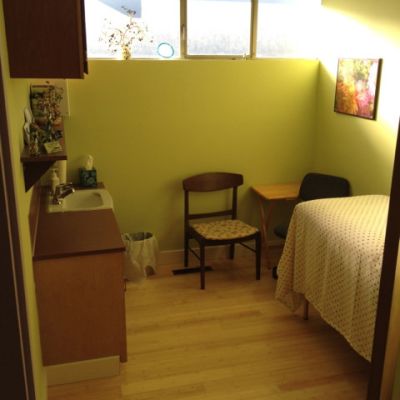Home and Sexuality
Home. Be it a real home or an aspirational one, the very word evokes longing and a sense of comfort, safety, and belongingness. As this month’s articles show us, when it comes to home and sexuality, sometimes the real and the aspirational meet and sometimes they do not. Our homes may house us but they may or may not have room for our sexual expression and desires.
Coming back to finding a utopic home within the narratives from The Night Train at Deoli, the book wasn’t necessarily an escape from what constituted the material home, but rather an assurance that love can have plural possibilities, and so can what comes to be ‘home’.
Despite the existence of various pockets in which a Northeastern queer could possibly reclaim and celebrate their racial identity, our sexual orientation conjures an awkward indifference and discomfort within our kin.
गुमशुदा घरों से जुडी कहानियाँ आज दुनिया के कोने-कोने में मिलती हैं, लेकिन फिर भी देखा गया है कि लोग…
Over time, I realised that ‘home’ meant not just the physical and emotional space occupied by my parents, but also a set of practices or strictures, mostly dictated by parents, related to gender roles, religion, sex, marriage, friendships and ‘appropriate’ behaviour.
In a way, Mrs Chatterjee’s worst fears had been confirmed. The hostel was indeed dangerous – not because of “raging hormones”, but because wewere constantly initiating discussions and circumstances which challenged the patriarchal status quo.
As an integral aspect of the self, sexuality is at the core of home in the ways in which that home designs space for sexual being, an evolving sexual self, sexual experience and sexual expression, or does not do so, or does so for some members of the home but not for others.
So, even though “home” is supposed to be a place of comfort – a personal space which should allow us to express our gender, sexuality and bodies freely – this notion of home stands defeated in reality, where there are certain unsaid rules which govern the distribution and use of space.
Nineteen years ago, Sachin Jain founded G.H.A.R, the Gay Housing Assistance Resource, a revolutionary project which helps LGBT people find safe and friendly housing.
June and her late sister Irene (who was also transgender) took it upon themselves to “to give and do more for others”, and together they began the first shelter for homeless transwomen in Singapore.
Home is usually the place where we begin exploring all aspects of life. In India, one area that is often…











